A Plan is Only Good if You Use it
The past couple of weeks we’ve discussed how important the Production Tracker tool is and how it can help you see the future of your business.
Building a construction business is no different than building a building. If you don’t have a plan, you won’t know what to do. You will just be guessing.
If you don’t have the right tools and know how to use them, it will be a lot harder to build anything.
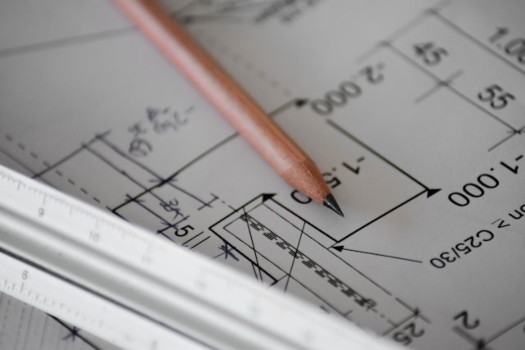
The Production Tracker is one of those business building tools.
So far, we’ve discussed how…
- Creating and recording project numbers can help you focus your attention on the right kinds of projects.
- Tracking project bid amounts will give you a clear picture of where you are in relationship to meeting your financial goals for the year.
- Tracking dollar amounts of signed proposals will give you the rest of the picture of where you are financially in relation to where you want to be by the end of the year.
- Tracking dollars collected from projects will give you a clear comparison of your signed amounts with your collected amounts.
- Percentage of jobs signed will let you know if your pricing is too high or too low.
- Percentage of dollars signed per dollars bid will let you know how you’re doing in relation to reaching your financial goal for the year.
- Percentage of dollars collected per signed simply lets you know if you’ve collected everything that was bid.
Now, let’s look at the final five areas of this tool and how they can help you build a successful construction business.
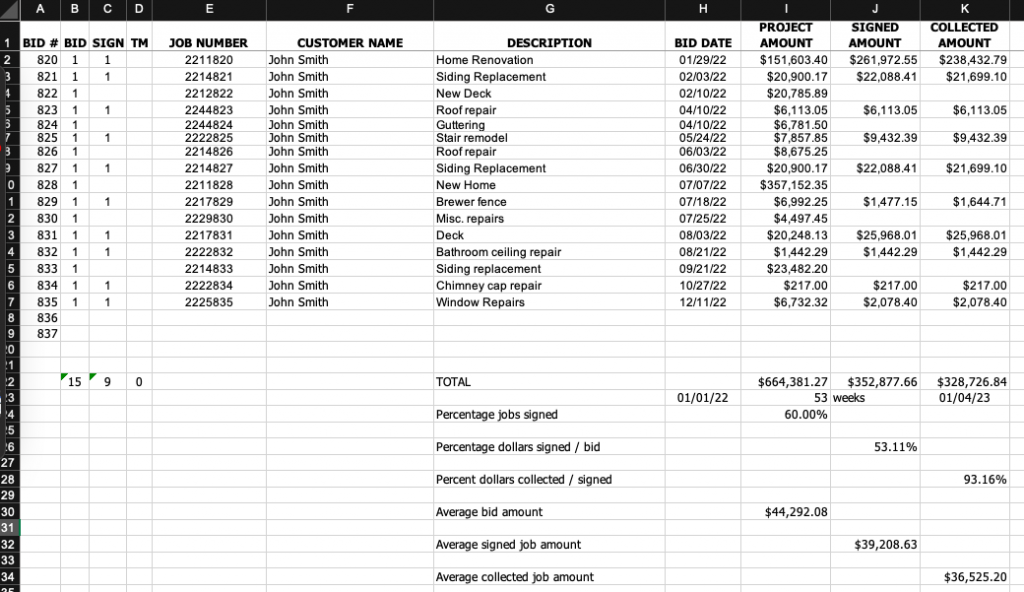
Average dollar amount of projects bid – This number (cell I-30) is just what it sounds like. It’s the average dollar amount of all the projects you have done proposals for. It can be helpful to know what this information is. It can help you determine if you should make changes to the sizes of proposals that you should be doing.
Average dollar amount of projects signed – This price (cell J-32) lets you see what the average dollar amount of your projects are and how it compares with the proposed amounts. Like the average bid amount, this number tells you the size of projects you normally do. You can then make changes to what proposals you should focus on.
Average dollar amount of projects collected – Like the percentage of dollars collected, this number (cell K-34) lets you know if you’re increasing or decreasing the dollars you collect after proposals are signed. This gives you a critical piece of information: knowing how accurate your proposals are.
These next two areas are instructive when it comes to production planning as it relates to achieving your revenue goals.

Projected timeframe for doing signed projects – This information (cells I-23 and J-23) tell you how long it should take you to do the work of the proposals that you currently have signed. This is determined by dividing what your gross revenue goal for the year is by 52 weeks. Then dividing the current total signed amount (cell J-22) by that weekly revenue target will give you the number of weeks needed to do that work.
Projected date work should be done – This information (cell K-23) converts the projected time needed to do the work of the currently signed proposals (cell I-23) to a calendar date. This is achieved by adding the number of weeks (cell I-23) to the starting date (cell H-23). This then gives you a target date on the calendar that the work should be done to stay on task and achieve your dollar goal for the year.
I find these last two pieces of information to be the most revealing and helpful when it comes to staying on target.

This information can increase a sense of urgency and focus. This information is critical to building a successful construction business.
I hope you’ve found this series on the Production Tracker, as a tool for building a successful construction business, helpful.
You can learn more about the Production Tracker by joining us for the Production Tracker Workshop at 10:30 AM CDT this coming Saturday, May 11th.
If you would like to know about some of the other business building tools we offer, take a peek in the Business Building Toolbox.
If you would like some help building your construction business check out the 5 steps here, or schedule a free 30-minute coaching call.




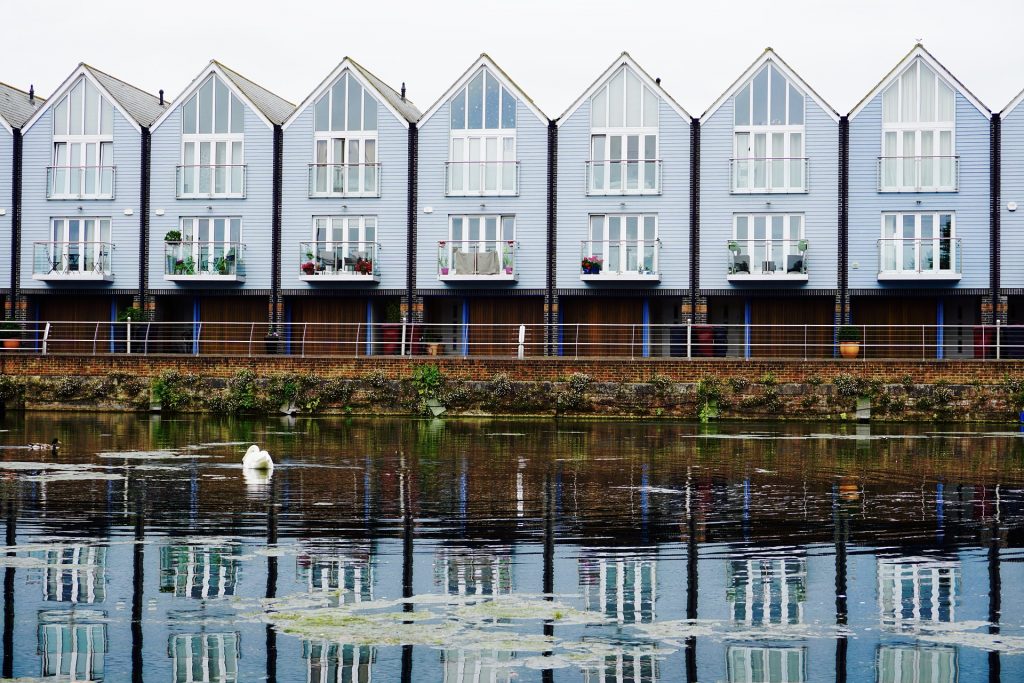
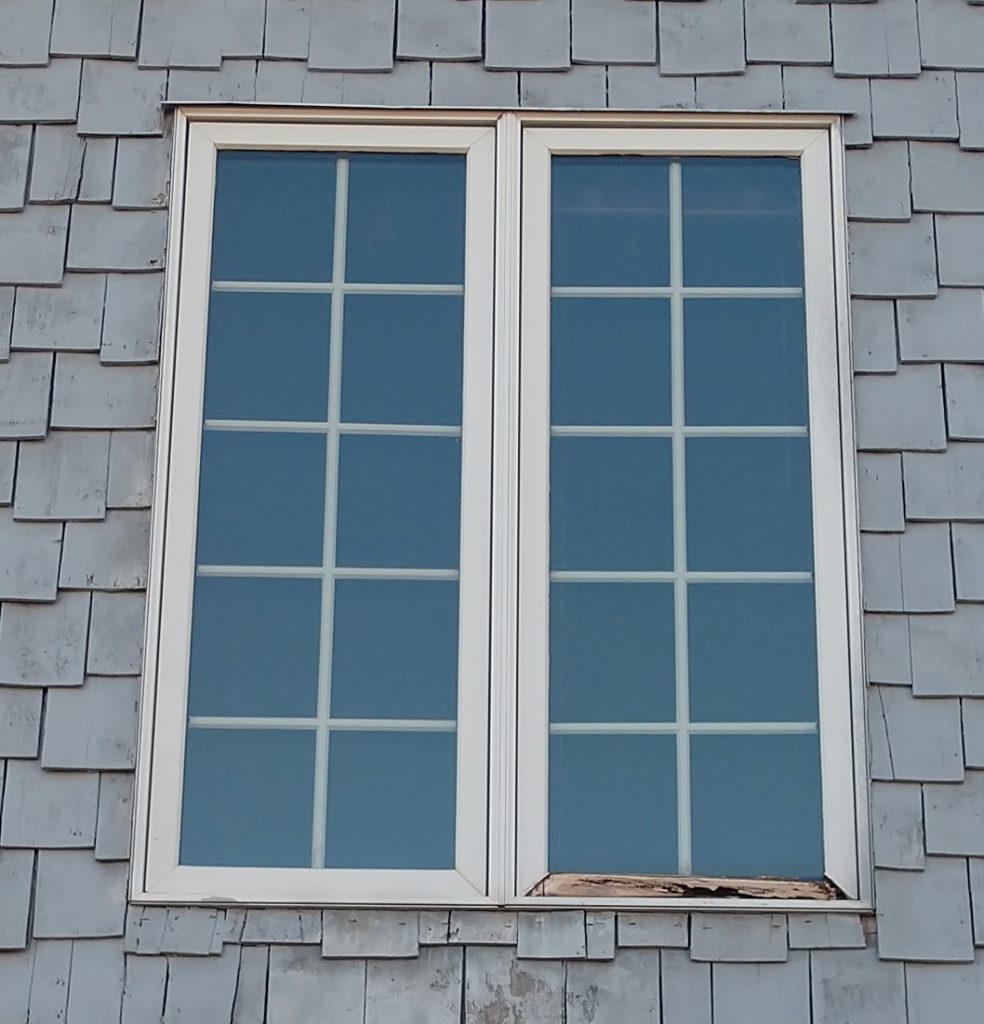
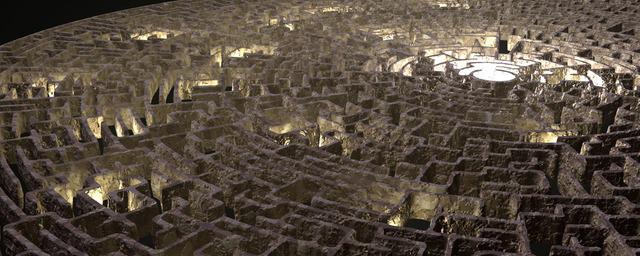

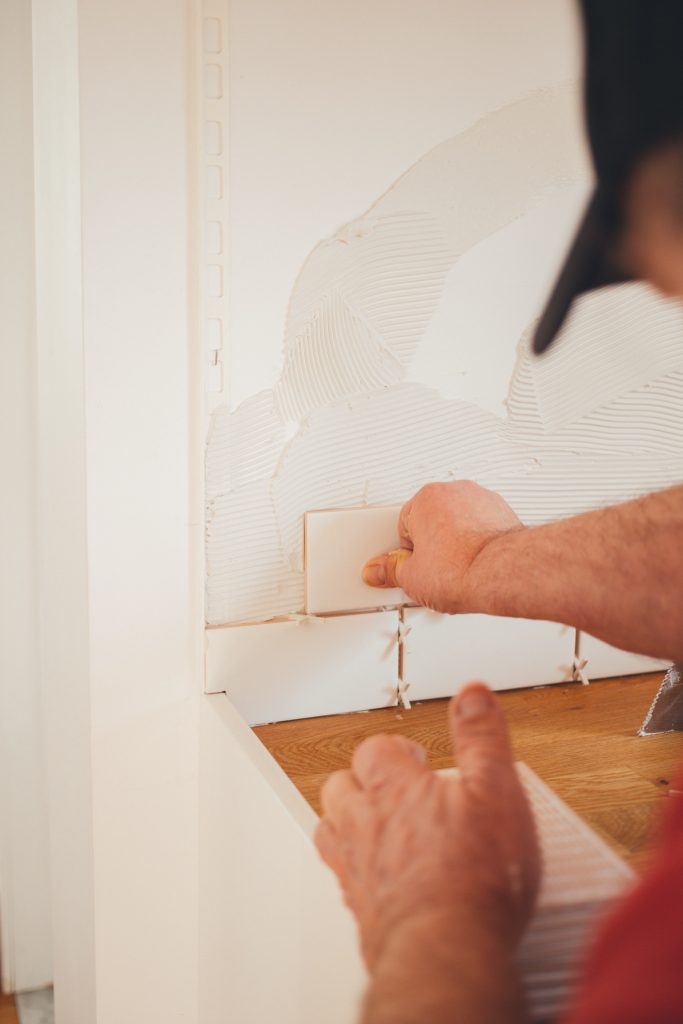
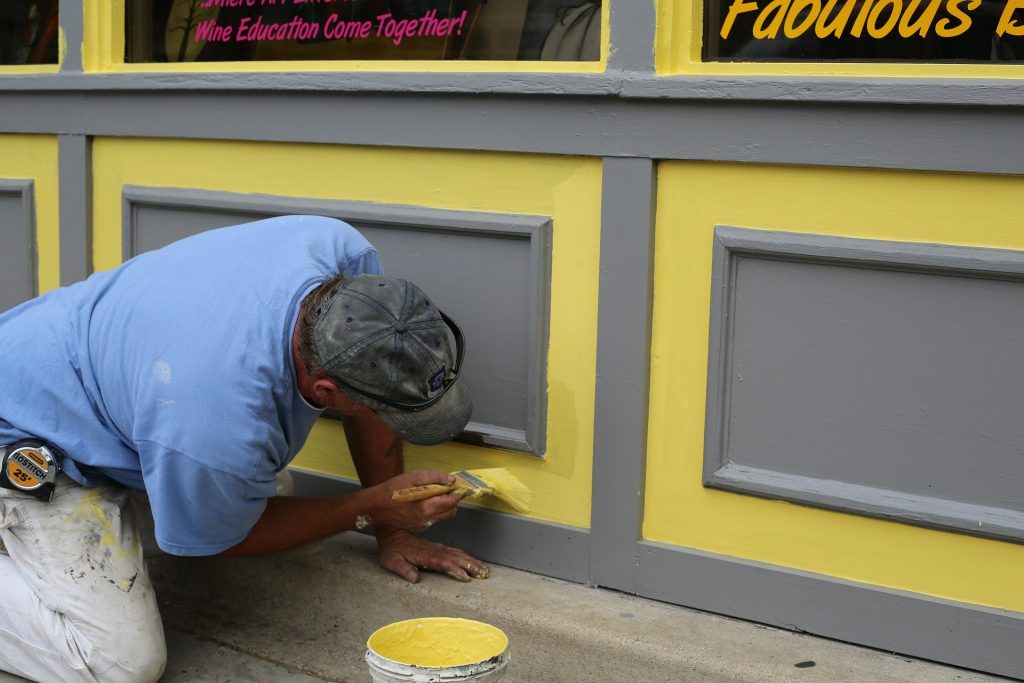



 I’ve answered 11 of the 21
I’ve answered 11 of the 21 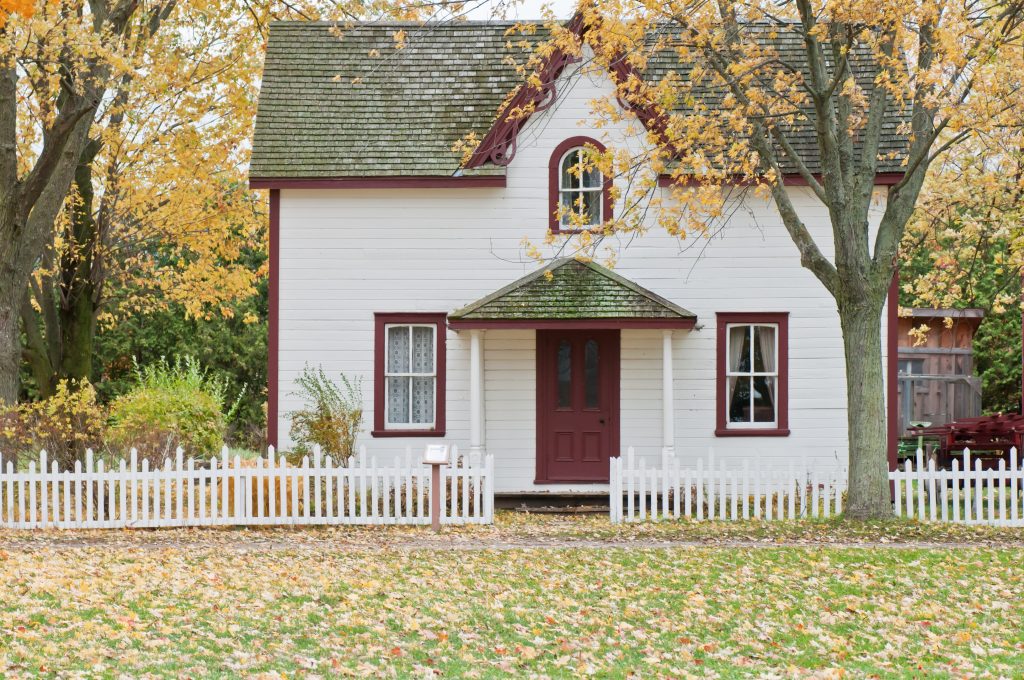 I do more residential than commercial but do both. Commercial tends to be less relational than residential. I’ve always felt like the relationship between the customer and contractor is more than only a business transaction. In order to serve the customer well I need to get to know them. This only happens if a relationship is built. Commercial projects normally are more transactional.
I do more residential than commercial but do both. Commercial tends to be less relational than residential. I’ve always felt like the relationship between the customer and contractor is more than only a business transaction. In order to serve the customer well I need to get to know them. This only happens if a relationship is built. Commercial projects normally are more transactional.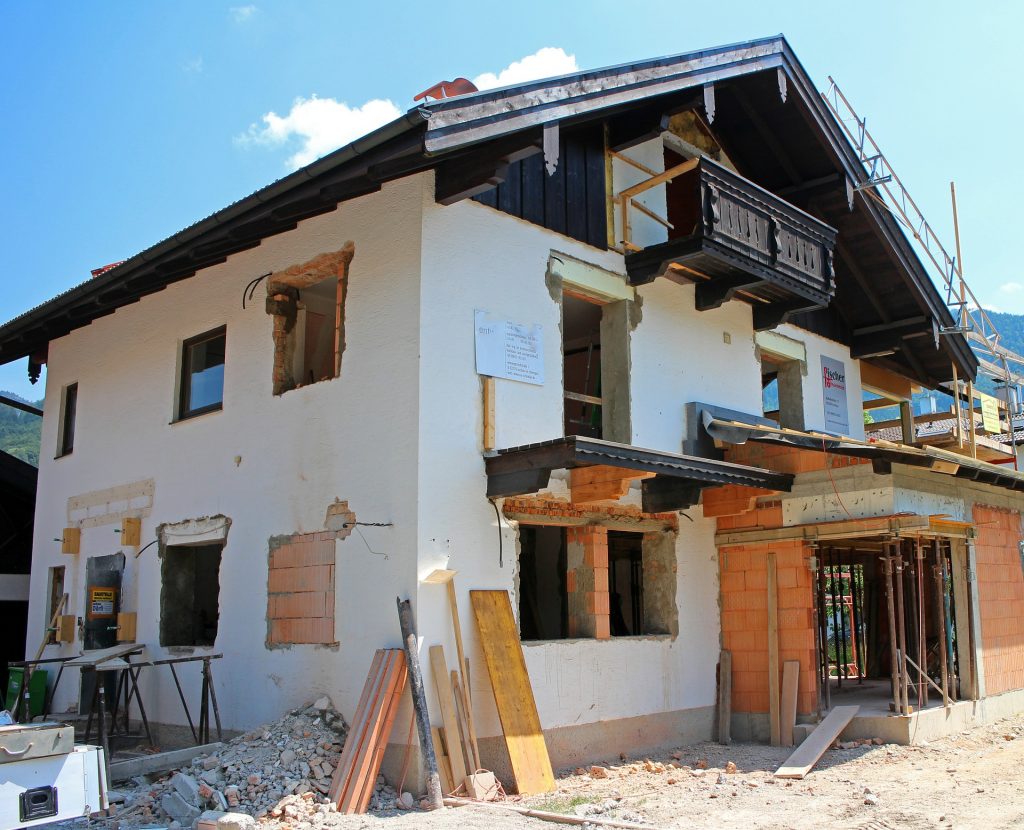 I do mostly renovations and remodeling projects. New construction is less challenging than remodeling. New construction has less restraints than renovations do. It takes more out of the box thinking to take an already existing structure and change it into something different. I love the challenge of finding a solution to these projects.
I do mostly renovations and remodeling projects. New construction is less challenging than remodeling. New construction has less restraints than renovations do. It takes more out of the box thinking to take an already existing structure and change it into something different. I love the challenge of finding a solution to these projects. No. In this part of the country this hasn’t even been a part of the discussion up until recently. It still isn’t a big issue for local construction projects. If buildings are built up to the current building codes for our area, past tremors won’t be any reason to change this. Our focus should be on high winds and tornados.
No. In this part of the country this hasn’t even been a part of the discussion up until recently. It still isn’t a big issue for local construction projects. If buildings are built up to the current building codes for our area, past tremors won’t be any reason to change this. Our focus should be on high winds and tornados. This depends on where the building project is located, some places don’t require any. Normally there is at least one “building permit” for each project. There are also different permits for different areas of the project, i.e. plumbing, electrical, HVAC, etc. that are sometimes required. All permitting is determined by the local jurisdiction, so it is important to find out what the regulations are for the location where you plan to build before you start.
This depends on where the building project is located, some places don’t require any. Normally there is at least one “building permit” for each project. There are also different permits for different areas of the project, i.e. plumbing, electrical, HVAC, etc. that are sometimes required. All permitting is determined by the local jurisdiction, so it is important to find out what the regulations are for the location where you plan to build before you start.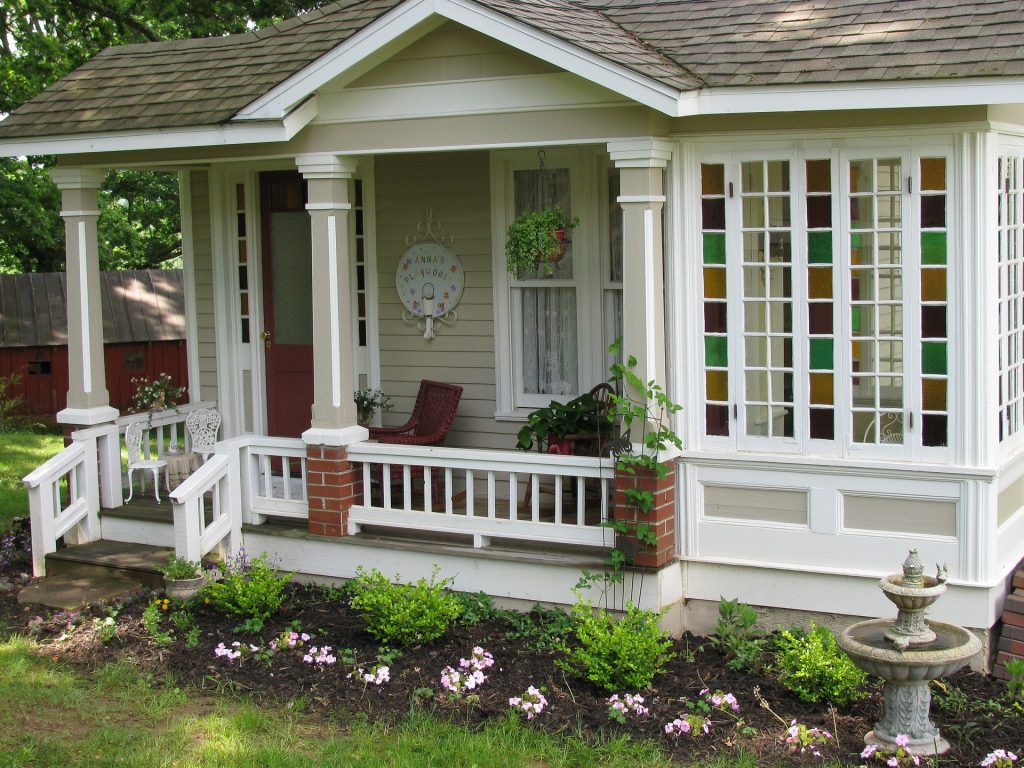 Your definition of a “tiny house” will depend on how I answer this question. I have built three very tiny houses. None of these were built for living in, not that someone couldn’t have. The three tiny houses were built for playhouses but were more than a normal playhouse. All of them were built with the same construction as a full-size house…just smaller…a lot smaller.
Your definition of a “tiny house” will depend on how I answer this question. I have built three very tiny houses. None of these were built for living in, not that someone couldn’t have. The three tiny houses were built for playhouses but were more than a normal playhouse. All of them were built with the same construction as a full-size house…just smaller…a lot smaller.
 This is the 3rd in the series of answering the questions asked by the Scout group. The
This is the 3rd in the series of answering the questions asked by the Scout group. The  This will vary on each project and will depend on the customer’s needs and goals, but as a general contractor I usually provide subcontractors. As an example of varying
This will vary on each project and will depend on the customer’s needs and goals, but as a general contractor I usually provide subcontractors. As an example of varying  between projects, the owner of the project we’re currently working on is a retired electrician, so he’s doing the wiring on this project.
between projects, the owner of the project we’re currently working on is a retired electrician, so he’s doing the wiring on this project. I think the piece of equipment that I use the most often is a hammer. Some people would probably consider equipment as something motorized or powered. According to
I think the piece of equipment that I use the most often is a hammer. Some people would probably consider equipment as something motorized or powered. According to  Here we are again, manual vs. powered. I definitely “prefer” using electrical equipment or most any power tool over manual. Power tools make most tasks they’re used for easier. However, depending on the task being performed in some cases the manual tool is better suited and more productive. For example, you shouldn’t use a pneumatic nail gun as a hammer to drive a board into place.
Here we are again, manual vs. powered. I definitely “prefer” using electrical equipment or most any power tool over manual. Power tools make most tasks they’re used for easier. However, depending on the task being performed in some cases the manual tool is better suited and more productive. For example, you shouldn’t use a pneumatic nail gun as a hammer to drive a board into place. The size of the project will usually dictate how the foundation will be dug. If the project requires moving a large amount of dirt, for example a basement, then typically a large excavator (link) will be used. If it’s something
The size of the project will usually dictate how the foundation will be dug. If the project requires moving a large amount of dirt, for example a basement, then typically a large excavator (link) will be used. If it’s something smaller, we would most often use a mini excavator. (link) If the project is small enough or inaccessible to equipment then it could be dug by hand with a shovel.
smaller, we would most often use a mini excavator. (link) If the project is small enough or inaccessible to equipment then it could be dug by hand with a shovel.
 This answer depends on how we want to define “injury”. Some people would consider a splinter an injury. For this answer I’m going to define injury as something requiring medical attention, i.e. stiches, broken bones, requiring a doctor’s attention, etc. During my forty plus years in construction I have personally witnessed or actually been injured 8 – 10 times. If I take that number of times over the forty years, that’s .000137%. As dangerous as construction sites are and as much construction that’s done, surprisingly it’s not as often as one might expect. The key is working smart and safe.
This answer depends on how we want to define “injury”. Some people would consider a splinter an injury. For this answer I’m going to define injury as something requiring medical attention, i.e. stiches, broken bones, requiring a doctor’s attention, etc. During my forty plus years in construction I have personally witnessed or actually been injured 8 – 10 times. If I take that number of times over the forty years, that’s .000137%. As dangerous as construction sites are and as much construction that’s done, surprisingly it’s not as often as one might expect. The key is working smart and safe. This is one of the most interesting questions asked and easiest to answer. I can answer it with a resounding NO. This is not to say they can’t be broken, but it takes a lot to break one.
This is one of the most interesting questions asked and easiest to answer. I can answer it with a resounding NO. This is not to say they can’t be broken, but it takes a lot to break one.
 As I pointed out last week, due to the number of questions I’m going to divide them into different topics to keep the posts from getting too long. This week I’ll start by answering some basic construction questions. Keep in mind that asking and answering questions is communication and communication is a two-way process. This means that before I can answer questions fully and accurately, I need some questions answered.
As I pointed out last week, due to the number of questions I’m going to divide them into different topics to keep the posts from getting too long. This week I’ll start by answering some basic construction questions. Keep in mind that asking and answering questions is communication and communication is a two-way process. This means that before I can answer questions fully and accurately, I need some questions answered. This is the most common first question. It only makes sense; cost is a critical part of deciding whether to build. It’s also one of the most difficult to answer, especially when asked without any specifics.
This is the most common first question. It only makes sense; cost is a critical part of deciding whether to build. It’s also one of the most difficult to answer, especially when asked without any specifics. The answer to this question will be directly connected to the answers of the last question. Size, design, level of finish, etc. will all effect the length of time to build a new house. An average 2000 square foot home will take 6 – 9 months.
The answer to this question will be directly connected to the answers of the last question. Size, design, level of finish, etc. will all effect the length of time to build a new house. An average 2000 square foot home will take 6 – 9 months.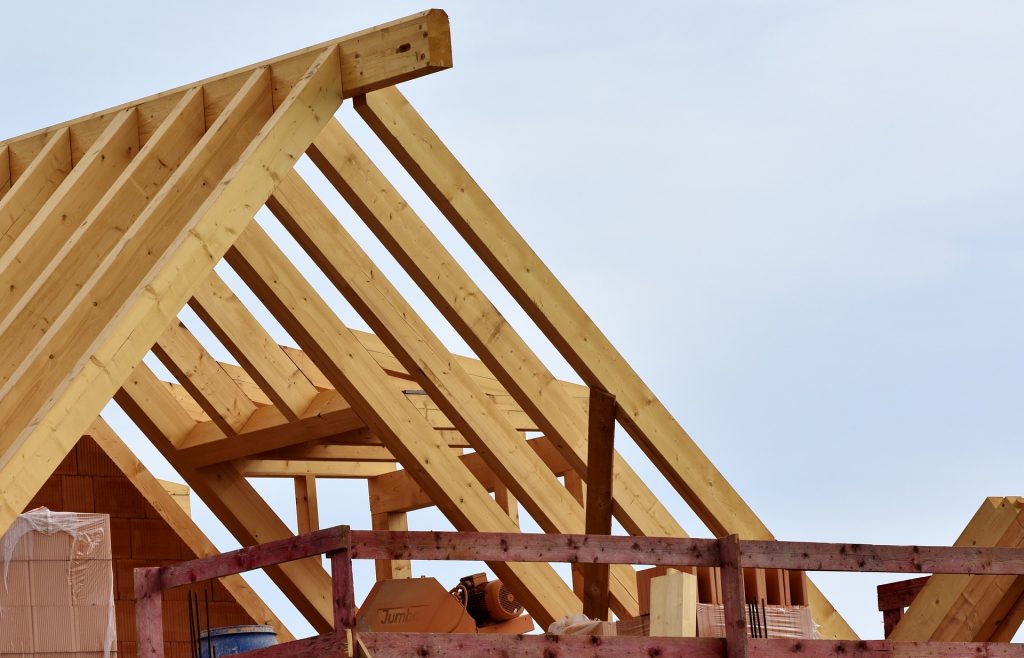 Once again, the answer is going to depend on specifics of the house. Let’s just answer the question using the average 2000 square foot house that we have been using. Let’s assume that it’s going to have wood floor joists, sub-floor, wall studs, wall boxing, ceiling joists, rafters, roof sheathing, siding, windows, doors, cabinets, etc. All these things combined will be around 40 pounds per square foot. That means the wood used in a 2000 square foot house will weigh around 80,000 pounds, or 40 tons.
Once again, the answer is going to depend on specifics of the house. Let’s just answer the question using the average 2000 square foot house that we have been using. Let’s assume that it’s going to have wood floor joists, sub-floor, wall studs, wall boxing, ceiling joists, rafters, roof sheathing, siding, windows, doors, cabinets, etc. All these things combined will be around 40 pounds per square foot. That means the wood used in a 2000 square foot house will weigh around 80,000 pounds, or 40 tons.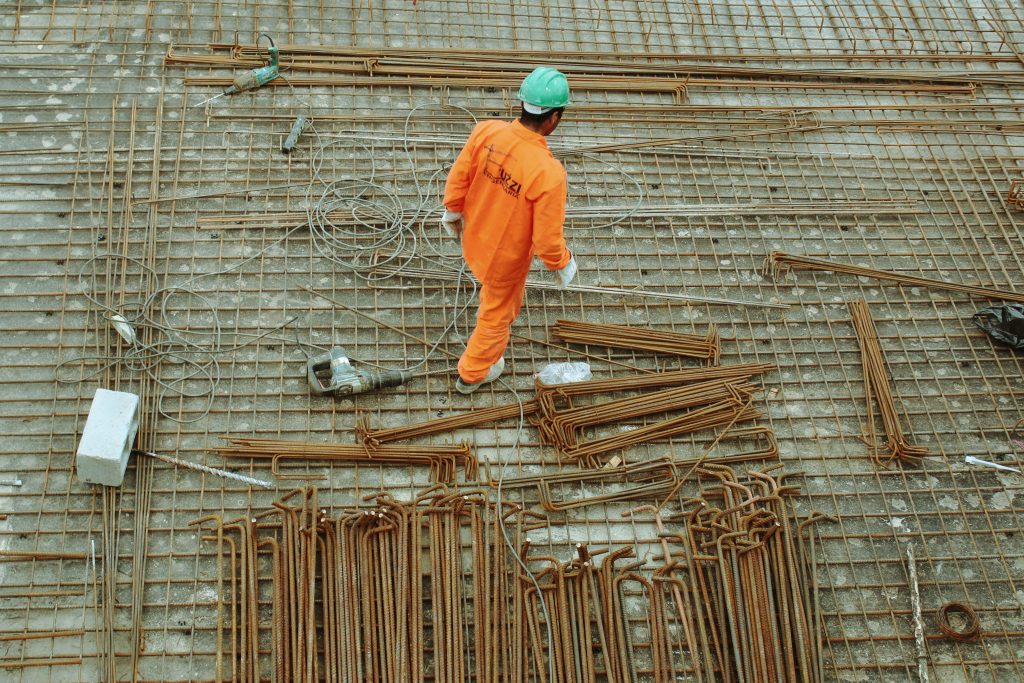 There are some cases where houses are framed using steel, but typically that’s not very common. There are some steel things commonly used, like nails, screws, joist hangers, reinforcing steel in concrete, etc. Sometimes steel beams and posts are used for supporting heavier loads and wider spans. In a typical wood framed house, it takes around 10 pounds of steel reinforcing, fasteners and misc. per square foot to build. This means that our 2000 square foot wood framed home would have around 20,000 pounds or 10 tons.
There are some cases where houses are framed using steel, but typically that’s not very common. There are some steel things commonly used, like nails, screws, joist hangers, reinforcing steel in concrete, etc. Sometimes steel beams and posts are used for supporting heavier loads and wider spans. In a typical wood framed house, it takes around 10 pounds of steel reinforcing, fasteners and misc. per square foot to build. This means that our 2000 square foot wood framed home would have around 20,000 pounds or 10 tons.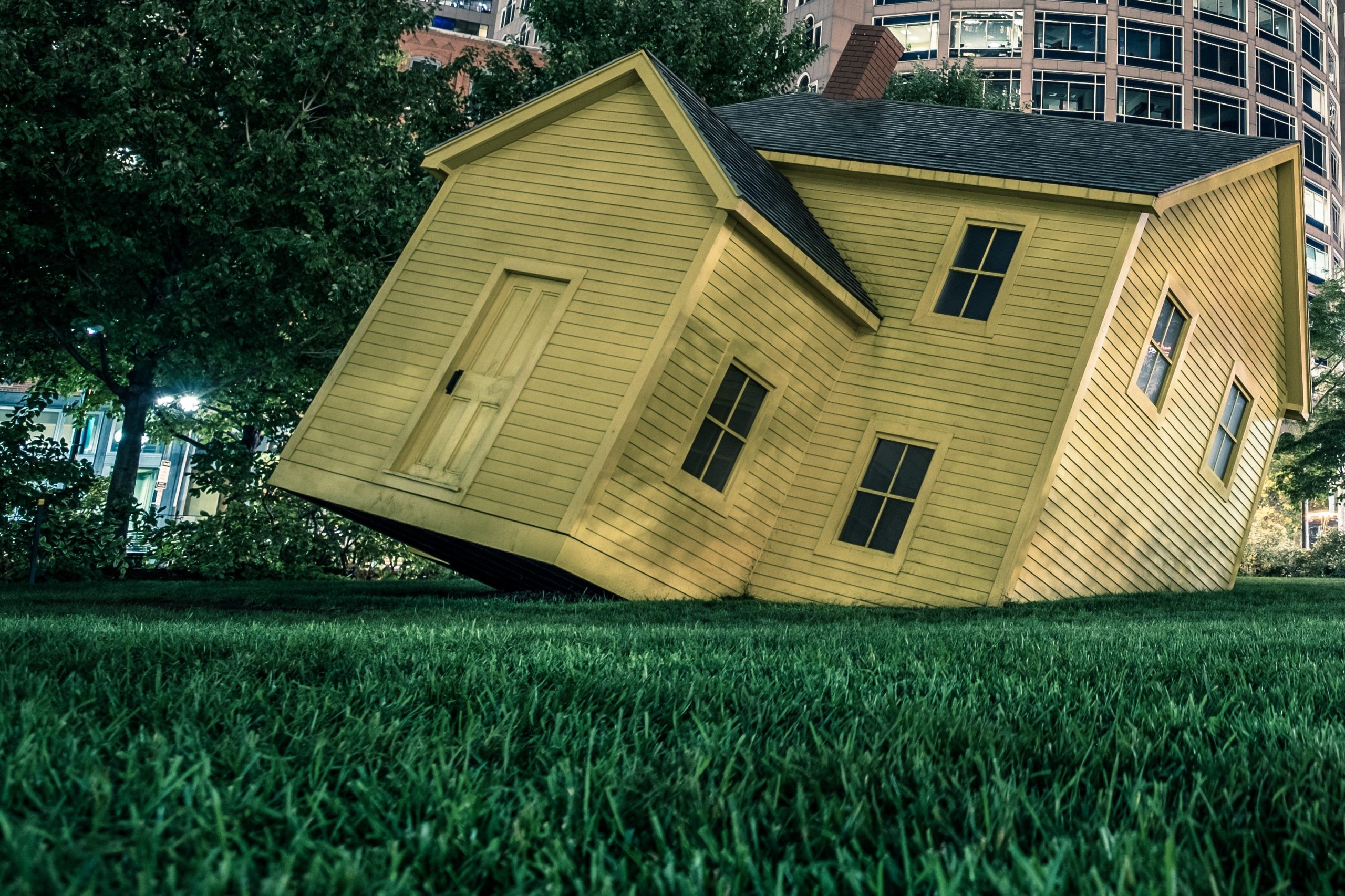
 Just recently I served as a professional witness in a small claims trial between a home owner and a contractor. Both sides had valid arguments, but the whole problem could have been avoided with better communication. The project was started without any written agreement. It was destined for problems from the very beginning. The contractor didn’t get paid for some of the time they had spent working. The home owner had to hire someone else repair some work that had been poorly done. They both had to pay court costs and neither won their case. When the trial was over it cost both parties more money, more time and more heartache.
Just recently I served as a professional witness in a small claims trial between a home owner and a contractor. Both sides had valid arguments, but the whole problem could have been avoided with better communication. The project was started without any written agreement. It was destined for problems from the very beginning. The contractor didn’t get paid for some of the time they had spent working. The home owner had to hire someone else repair some work that had been poorly done. They both had to pay court costs and neither won their case. When the trial was over it cost both parties more money, more time and more heartache.